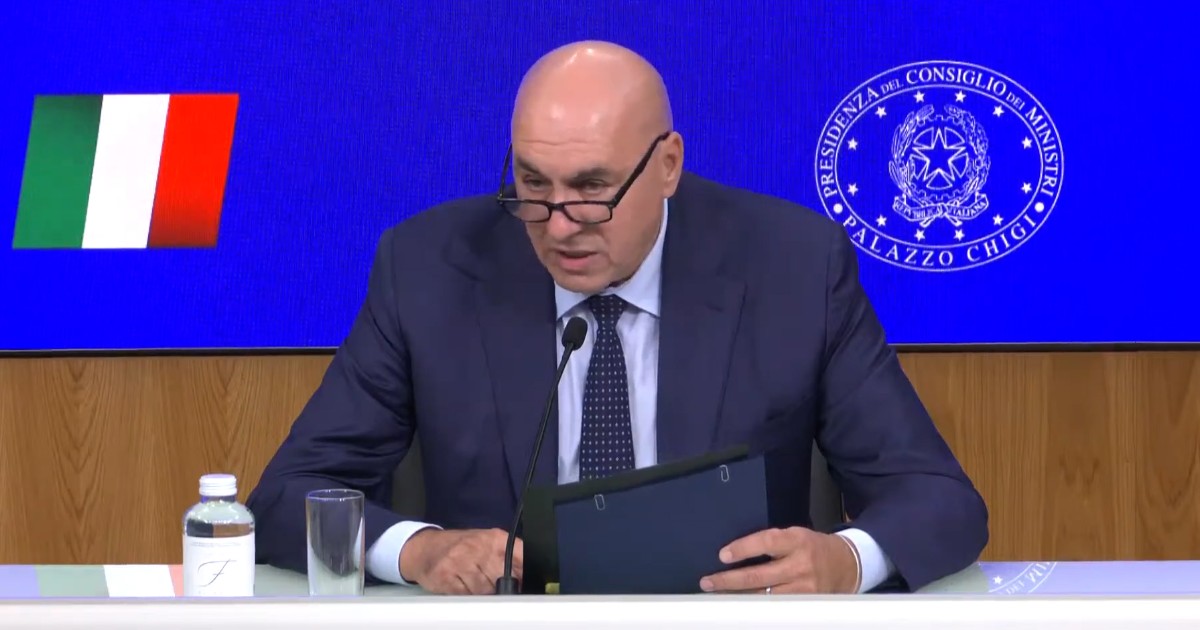“No military reason and no justification: this is a war crime, not a mistake.” The Italian government’s outrage is palpable as Defense Minister Guido Crosetto, flanked by the commander of the Italian Armed Forces’ Operational Command, Francesco Figliuolo, speaks in unprecedented tones towards Israel. Their statements come in response to an attack by the Israel Defense Forces (IDF) on Italian UN bases in Lebanon, an act that has no precedent. For hours, the Defense Minister has awaited explanations from Tel Aviv regarding the incident, which involved the destruction of cameras and surveillance systems at the last two outposts of Italian peacekeepers in Naqoura.
After informing Prime Minister Giorgia Meloni, Crosetto reached out to his Israeli counterpart, Gallant, protesting vehemently: “It’s unacceptable.” He reiterated the seriousness of the situation to UN officials. Despite the warnings, further strikes hit the base while Italian peacekeepers were sheltering in bunkers. Following discussions with the Council of Ministers, Crosetto urgently summoned Israeli Ambassador Jonathan Peled, insisting that he convey to Netanyahu that “the United Nations and Italy cannot take orders from the Israeli government.”
Palazzo Chigi, the Italian government’s headquarters, formalized its discontent with strong words: “What is happening near the UNIFIL contingent’s base is unacceptable,” stated Meloni’s staff, who maintained constant contact with Foreign Minister Antonio Tajani and Crosetto, expressing “strong support for our military.” Tajani echoed this sentiment, emphasizing that the events are “unacceptable” but also noting that there were “different incidents” occurring “several days prior,” and he had conveyed his objections to Israeli officials “from day one.”
While awaiting clarity, the Defense Minister made it clear that he would not adopt a diplomatic stance. He rejected any claims that Israeli forces had warned UNIFIL about vacating certain bases, leveling a serious accusation: “The hostile acts committed and repeatedly perpetrated by Israeli forces could constitute war crimes; these are serious violations of international law, unjustified by any military reason.” He stressed that these actions were “not a mistake or an accident,” and called for “real explanations as quickly as possible.” The opposition also demanded clarity, with Democratic Party Secretary Elly Schlein urging the government to act swiftly to “determine responsibility,” and Five Star leader Conte calling for an end to the “madness of this escalation.”
In the backdrop remains the question of UNIFIL’s mission in light of this latest incident. “We have prepared contingency plans for any eventuality, accelerating intervention times if necessary,” Crosetto explained. However, he noted that withdrawing the contingent from Lebanon is not a national decision but one for the UN, and it will involve reflection from the forty contributing countries. “My intention,” he continued, “is to promote spaces for peace, not to propagate the idea of a continuous war.” Yet, Israel’s response seems to move in the opposite direction to Italy’s requests. Tel Aviv has not only asked the UN, through its ambassador, to move five kilometers north “to avoid danger,” but it also claims to have “ordered” multinational forces to remain in “protected areas.” The Israeli ambassador in Rome reiterated, “We have repeatedly recommended that Italian forces withdraw part of their troops, but unfortunately, the request was denied.” Thus, the situation has reached a stalemate: Italy refuses to excuse Israel, and Tel Aviv has no intention of justifying its actions. At the center remains UNIFIL and its blue helmets, determined not to retreat an inch.

